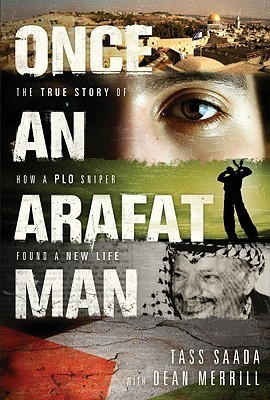
In Search of Fatima: A Palestinian Story
Book Description
A single photograph can shatter a lifetime of memories. Amidst the chaos of displacement, Ghada Karmi embarks on an emotional journey to reclaim her lost heritage and the enigmatic Fatima. This poignant memoir unearths the personal and political struggles of a Palestinian identity torn apart by war and longing. Families are fractured, love is tested, and the past looms large over every step forward. With visceral prose, Karmi reveals the heartache of exile and the resilience of spirit. What does it truly mean to find home when home has become a distant mirage?
Quick Book Summary
"In Search of Fatima: A Palestinian Story" is a deeply moving memoir by Ghada Karmi, chronicling her family's forced displacement from Jerusalem in 1948 and the profound longing for home that shaped her identity. Through evocative storytelling, Karmi examines how historical events rupture personal lives, as her family is thrust from comfort into uncertainty in postwar Britain. Central to the narrative is Fatima, the family’s beloved nanny, who becomes a symbol of lost security and innocence. As Karmi navigates her British education and career, she confronts racism, alienation, and the struggle of balancing Palestinian roots with Western assimilation. With sensitivity and insight, the memoir exposes the psychological toll of exile and the complexities of forging meaning from loss—a powerful testament to resilience and the enduring quest for belonging.
Summary of Key Ideas
Table of Contents
Displacement and the Loss of Home
Karmi’s memoir opens with the traumatic experience of leaving Jerusalem during the 1948 Arab-Israeli war. Her once-secure childhood, surrounded by family and their housekeeper Fatima, is shattered as violence erupts, pushing her family into exile. The sudden loss of home is visceral, with the memory of Fatima and Jerusalem representing both a personal and collective identity. The devastation of exile is depicted not simply through physical displacement but through the wrenching separation from familiar people and spaces.
Formation of Palestinian Identity in Exile
Uprooted, the Karmi family resettles in England, confronting challenges that reshape their lives. As immigrants, they face prejudice, economic hardship, and social isolation. Ghada, a young girl, experiences the confusion of adapting to British customs while clinging to her Palestinian heritage. The memoir highlights how language, food, and even appearances become battlegrounds for acceptance. Amidst these struggles, Fatima’s absence is a haunting reminder of what has been lost, while her memory offers a psychological anchor in the confusion of exile.
The Role of Memory and Nostalgia
As Karmi matures, her awareness of political currents intensifies. She observes the impact of the Palestinian-Israeli conflict on her family’s identity, fueling a deep sense of injustice but also a longing for reconnection. While pursuing medical studies and a career in Britain, Karmi grapples with the marginalization of Palestinians and with her own oscillation between integration and alienation. The memoir explores the tensions of assimilation, the burden of representing “the other,” and the enduring pain of statelessness.
Cultural Assimilation and Alienation
Memory and nostalgia emerge powerfully throughout the book. Karmi explores how the mind returns to snapshots of the past—like her photograph with Fatima—to construct a coherent self in chaos. The text juxtaposes the idealized homeland with the painful reality of exile, questioning whether it is possible to truly reclaim the lost spaces of childhood. Ultimately, Karmi’s search for Fatima evolves into a broader quest for meaning, identity, and a sense of belonging beyond physical geography.
Personal Search for Belonging and Reconciliation
By the end of her journey, Karmi has woven together the threads of personal and political exile. Her return to Jerusalem as an adult is bittersweet, steeped in both reconciliation and the realization that neither she nor her homeland can fully return to what was. The memoir closes with an acknowledgment of resilience—a determination to preserve memory and to create home in the midst of loss. Karmi’s story stands as a testament to the enduring spirit of the displaced and the complexities of forging an identity in the shadows of historical trauma.
Download This Summary
Get a free PDF of this summary instantly — no email required.





